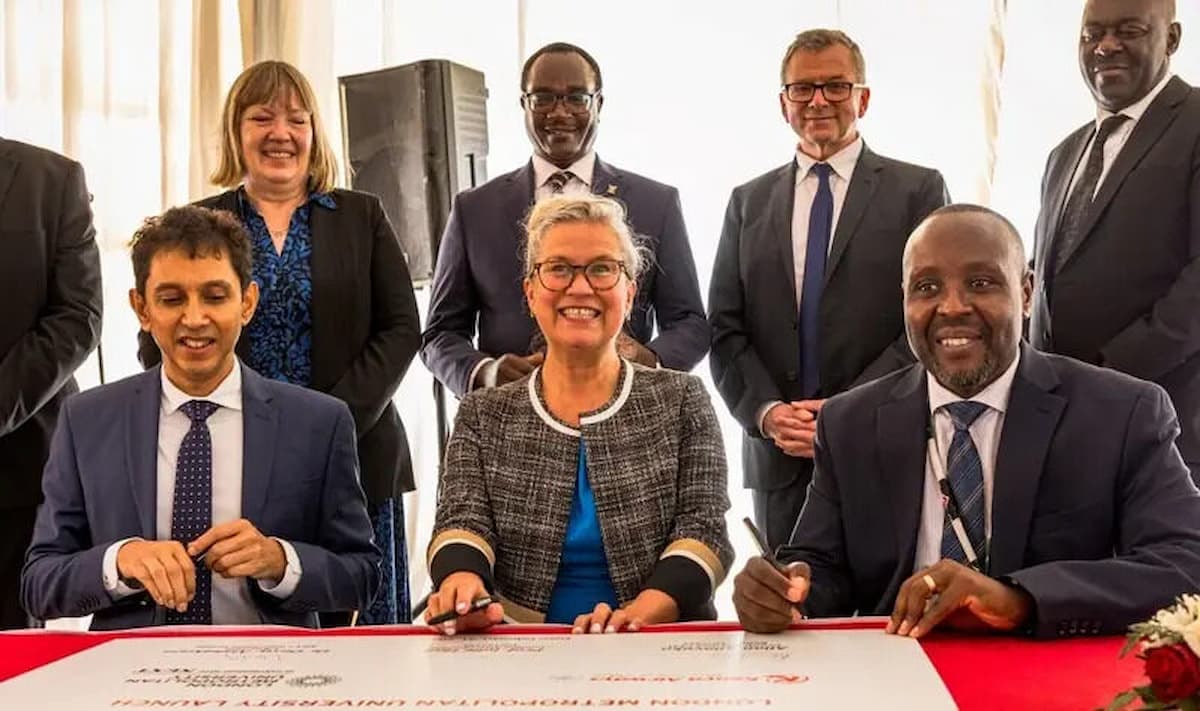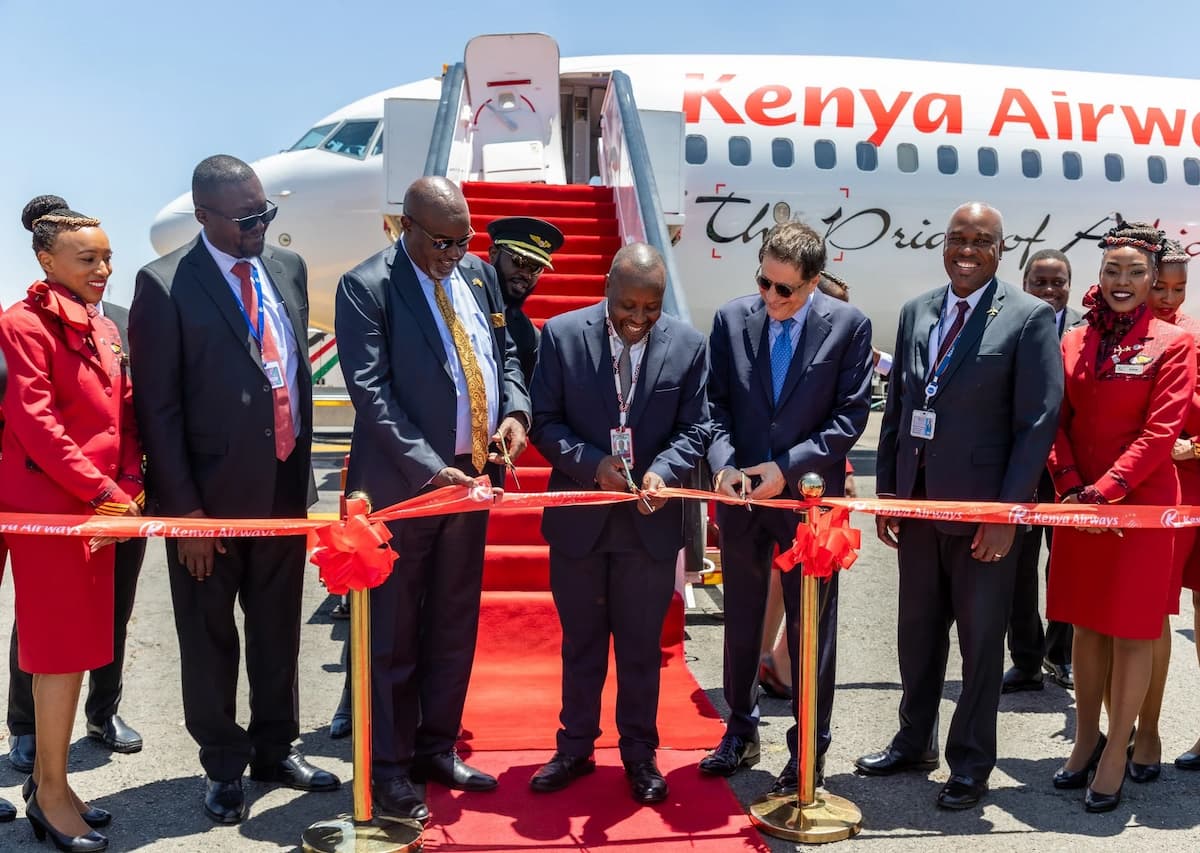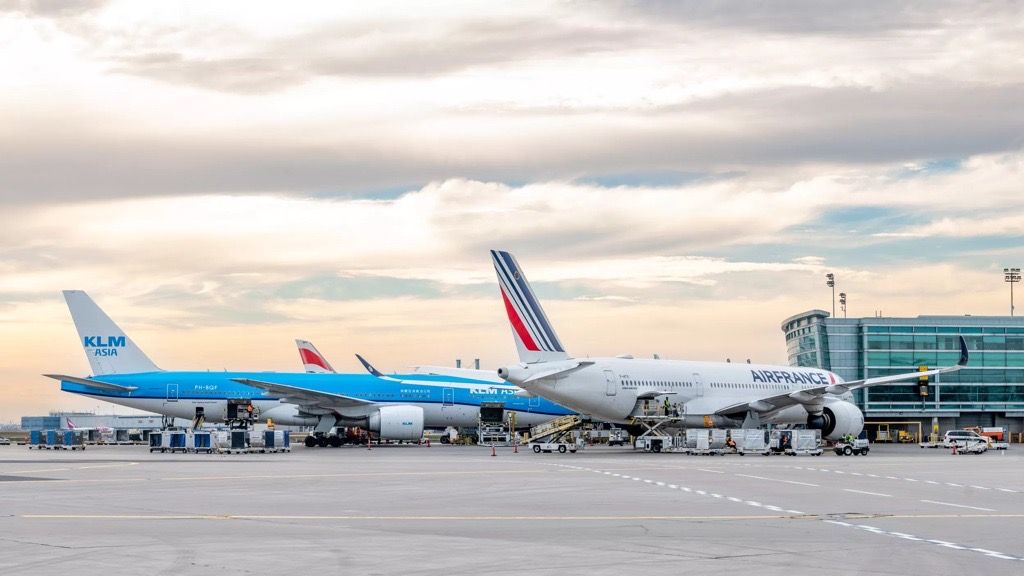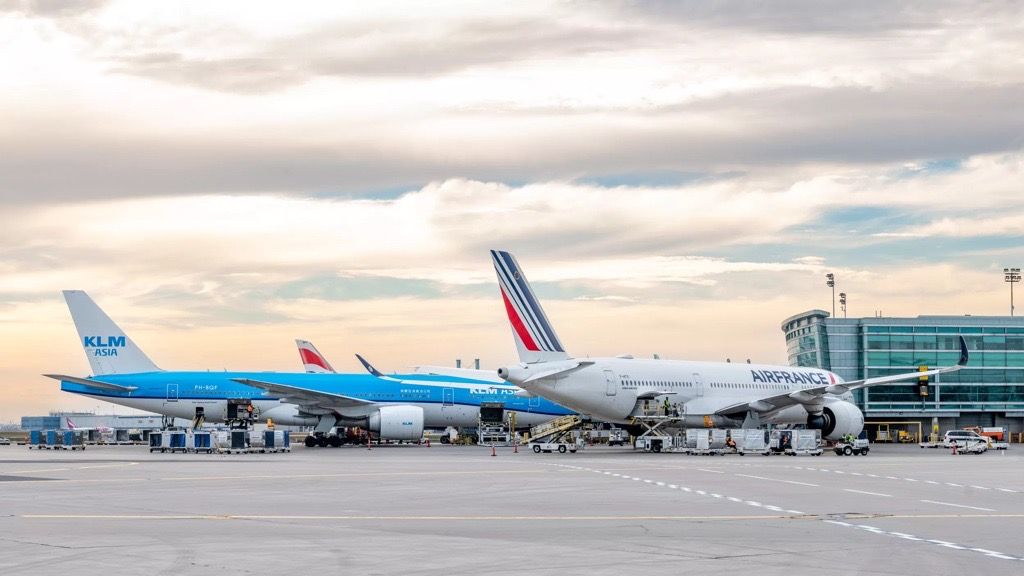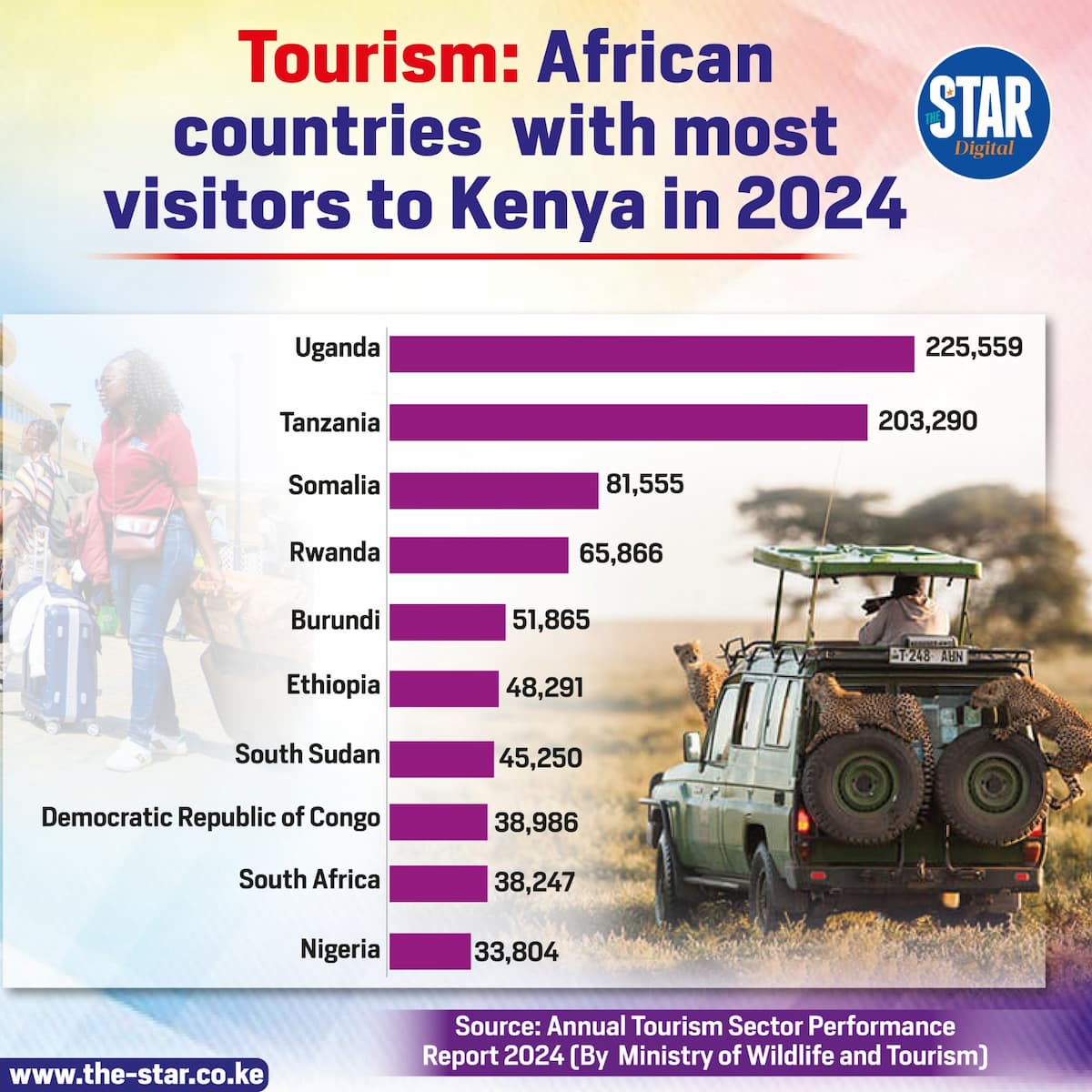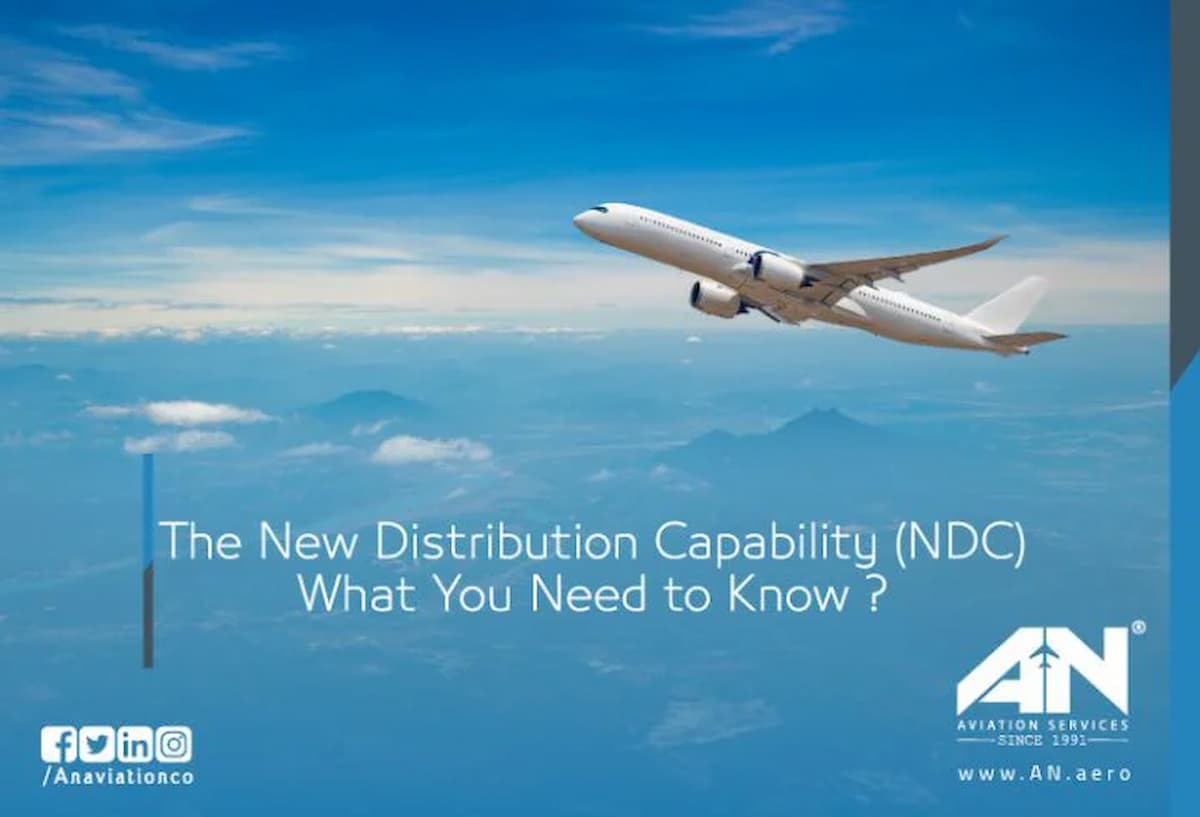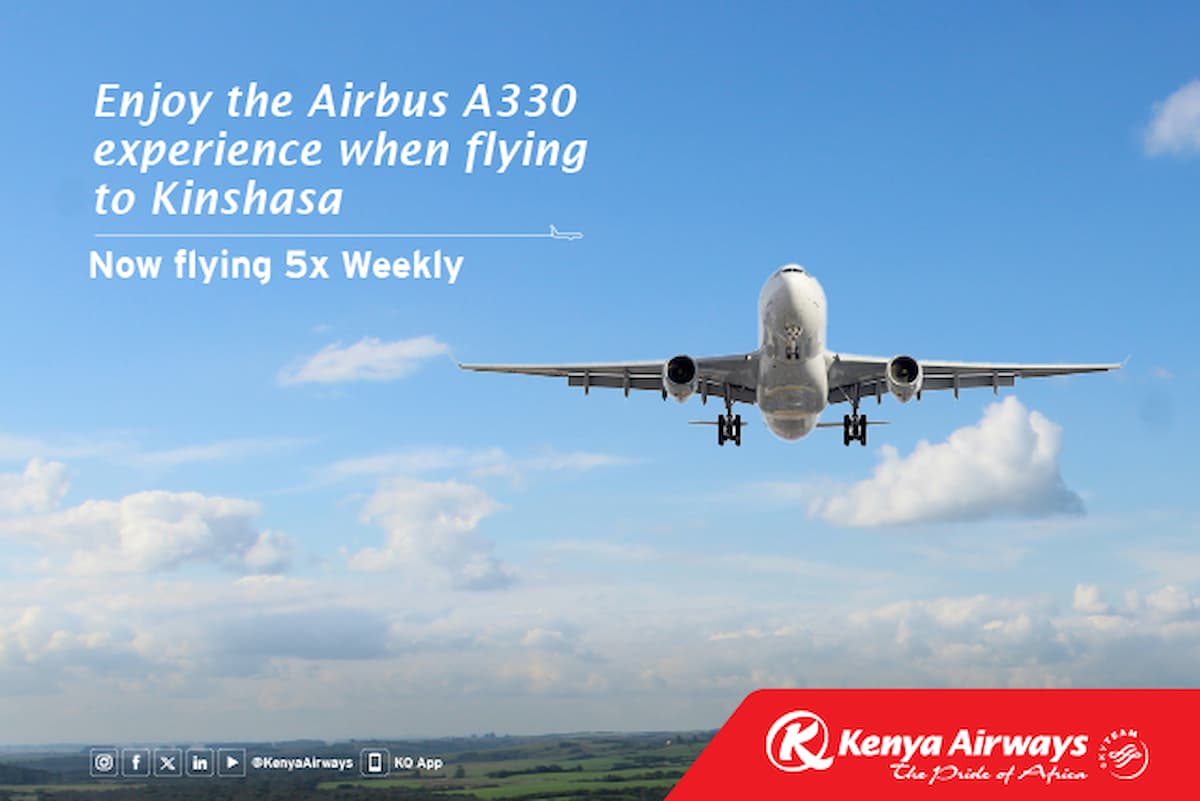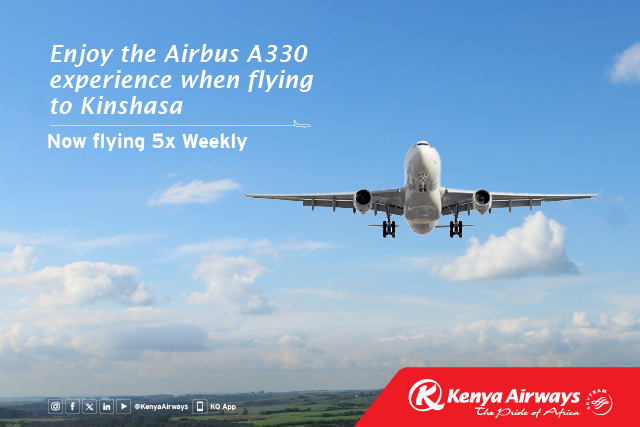Kenya Airways (KQ) and London Metropolitan University (London Met) have embarked on a transformative journey to reshape aviation education and workforce development through a landmark partnership. This collaboration was officially sealed with the signing of a Memorandum of Understanding (MoU) at the prestigious KQ Pride Centre. The ceremony witnessed the presence of prominent stakeholders from both institutions, alongside government representatives and aviation industry regulators, underscoring the strategic importance of this alliance.
Pioneering Industry-Academic Collaboration for Aviation Excellence
This innovative partnership demonstrates Kenya Airways’ unwavering commitment to bridging the gap between industry and academia. By combining KQ’s industry expertise with London Met’s exceptional academic resources, the collaboration aims to nurture talent, enhance employee skills, and propel innovation in the aviation sector.
Through this initiative, KQ employees will gain access to exclusive training programs, advanced academic opportunities, and pioneering research tailored to the aviation industry. The partnership reflects a shared vision of cultivating a highly skilled workforce capable of driving growth and transformation within the sector.
Speaking at the event, Allan Kilavuka, Group Managing Director and CEO of Kenya Airways, emphasized the transformative potential of the partnership. “This collaboration is a testament to our commitment to innovation, excellence, and the development of human capital. By investing in education and skills development, we are not only empowering our employees but also shaping the future of aviation in Kenya and beyond.”
Elevating Education Standards: Application for Tertiary Institution License
To guarantee world-class educational standards, Kenya Airways has applied for a tertiary institution license from the Technical and Vocational Education and Training Authority (TVET). While awaiting approval, the specialized aviation courses will be exclusively available to KQ employees, ensuring they benefit from top-tier training and career development. Once the government greenlights the program, these courses will be extended to the wider public, making aviation education more accessible and affordable across Kenya and the surrounding region.
Tom Shivo, Chief Human Resources Director at Kenya Airways, highlighted the partnership’s focus on employee growth and development. “Our people are the backbone of our success. This partnership will provide our employees with the tools and knowledge they need to excel in their careers and contribute to the continued success of Kenya Airways. It’s an investment in our most valuable asset—our talent.”
Introducing Cutting-Edge Aviation Degree Programs
As part of this strategic collaboration, a comprehensive suite of aviation-focused degree programs will be introduced. These include:
- Master’s in Airline & Airport Corporate Management – Equipping leaders with strategic skills for the evolving aviation landscape.
- Master’s in Aviation Management in the Digital Age – Preparing professionals for digital transformation in aviation operations.
- Bachelor’s in Airline, Airport & Aviation Management – Building foundational expertise for aspiring aviation professionals.
These programs are designed to meet the dynamic needs of the aviation industry, empowering students with the knowledge and skills required for leadership roles.
Unmatched Scholarship Opportunities for KQ Employees
London Metropolitan University is committed to supporting Kenya Airways’ workforce by offering an exceptional 70% scholarship for KQ employees pursuing aviation-related bachelor’s and master’s degrees. In addition to the financial aid, London Met will provide essential training resources, workshops, and certificates. There is also a possibility of extending scholarship benefits to the family members of KQ employees, fostering a culture of continuous learning and professional growth.
Driving Innovation and Workforce Development in Aviation
This strategic alliance aligns with Kenya Airways’ vision to enhance workforce capability, strengthen industry-academic relations, and stimulate innovation within the aviation sector. Simultaneously, it reflects London Met’s mission of fostering global collaboration and providing transformative educational experiences.
Celebrating a Milestone in Aviation Education
The MoU signing ceremony was a momentous occasion, bringing together influential figures from the Ministries of Education, Transport, and Foreign Affairs, as well as representatives from industry regulators and the British High Commission. Their participation highlighted the significance of this partnership in advancing aviation education and workforce development.
A New Era of Learning, Growth, and Innovation
Kenya Airways and London Metropolitan University are charting a new course for aviation education. This partnership is set to inspire a culture of continuous learning, innovation, and excellence, ensuring that the aviation industry is equipped to tackle future challenges with a highly skilled and capable workforce.
This collaboration is not just a milestone for Kenya Airways and London Met but also a significant step forward for the aviation industry in Africa and beyond, setting new benchmarks in education, training, and workforce development.
Source: Travel and Tour World

